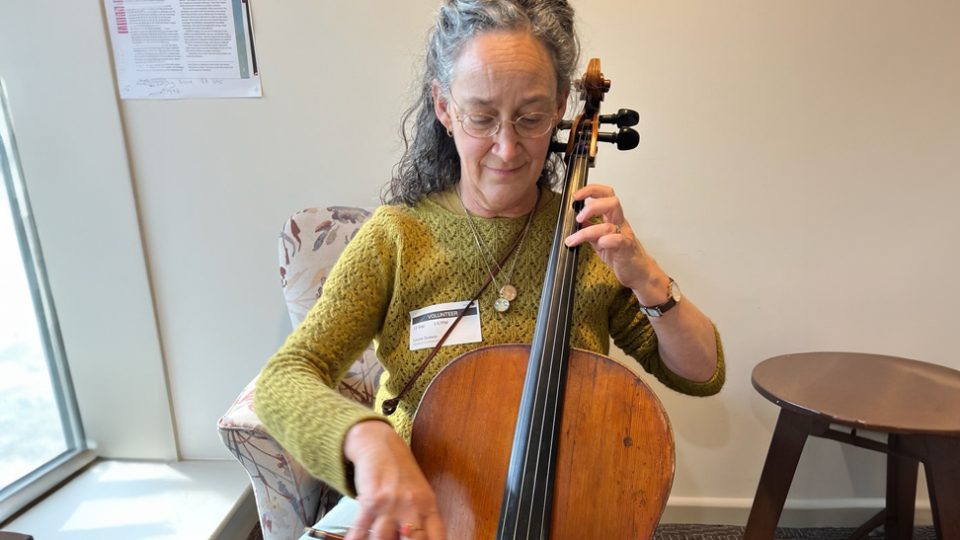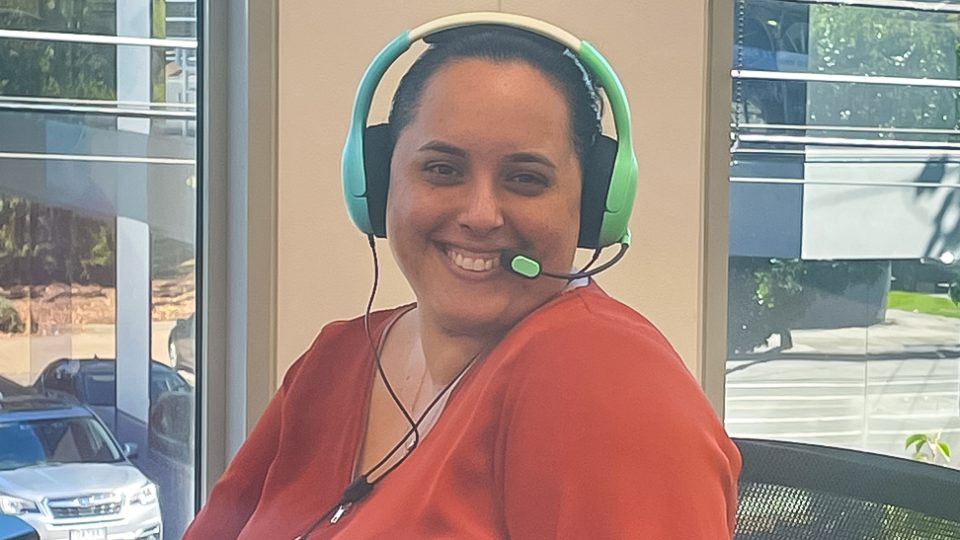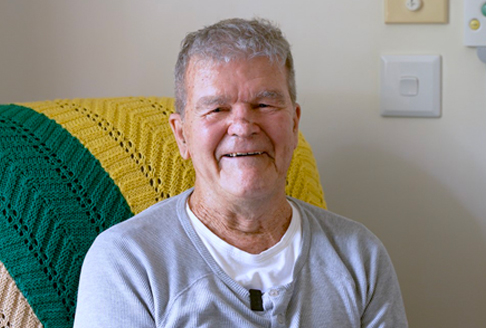For the past 30 years Don lived a quiet life near Noojee. “I had been managing motels in Bright, Port Macquarie and Frankston and after that finished I wanted to get away from all the busyness.
“We moved to a dead-end road in the most beautiful countryside. It was a great place to live.”
Don was born in Mildura but his family moved frequently, following the demands of his father’s work in the air force. At 15 Don left school and embarked on a building apprenticeship in Ballarat, leading to several decades of work in construction.
Despite always working hard, when he moved to Bright to run a motel Don was dismayed at how puffed he felt walking uphill. Determined to remedy the situation, he started running at the age of 43 and kept at it for the next 40 years.
He ran marathons, entered trail running events and was an early competitor in the Alpine Climb, requiring participants to run up each of Mount Bogong, Mount Porepunkah, Mount Feathertop, Mount Hotham and Mount Buffalo over five successive days.
His running years are behind him, but Don continues to believe in the power of staying active, and takes a walk from Amberlea around the pretty streets of Drouin every day.
“ I enjoy being here, and the food is very good, but I’m not really a people person, so I keep to myself and do my own thing.”
His wellbeing practice also extends beyond the physical. “I meditate for between one and one-and-a-half hours every day. The meditation has been a long term thing. It is so subtle. You look back on yourself, there are things that have just dropped away, and you may not have realised that was happening at the time. It’s fascinating.”
Wide reading is another of Don’s great pleasures. “I have always been interested in spirituality, and still enjoy reading things towards it,” Don said. He has several books by Carl Jung close at hand in his Amberlea room.
“I’ve read them for years but still can’t understand them,” he laughed.
He revels in the access to the trove of books at Amberlea, and also spends time at the library, with Australian history and bush literature favourite categories, as well as the occasional Agatha Christie.
While Don enjoys his own company, he is also delighted that his room is next door to an old friend, Lesley.
“[Lesley and I] spend a lot of time together, go for our walks, and it is so special to have that connection with someone who has known you for a long time,”
Individuals have always lived their lives in different ways, yet there has been a long-standing false assumption that everyone should spend their older years in a similar fashion.
Acknowledging that ageing lifestyles are diverse and that agency and individualised experiences are important is the philosophy that underpins Baptcare’s Living Well Together model of care. It is also exemplified in Don McLennan’s individual and meaningful lifestyle at Amberlea.
Community news
-

Staff Spotlight: A Day in The Life of a Foster and Kinship Care Practitioner
Rachel Binger is a Foster & Kinship Care Practitioner at Baptcare’s Ulverstone Hub in Tasmania. She starts the day with penguins, ends it with bingeable television, and in between supports everyday superheroes: foster carers.
- 02 Apr 2025
-

Volunteer Spotlight: Louise Godwin and her cello
Our Baptcare volunteers are amazing and it is always wonderful to have the chance to get to know them and learn a little about why they volunteer with Baptcare. Louise, a relatively new volunteer at Baptcare Karana Residential Aged Care community, tells us all about her musical talents and why she volunteers her time twice a week to play cello for the residents.
- 01 Apr 2025
-

Staff Spotlight: A day in the Life of a Customer Enquiry Consultant
Hi, my name is Isabelle Oehler, and I have been working in the Customer Enquiry Centre (CEC) for a little over three years. Essentially, we are the first point of contact for prospective enquiries – acting as the ‘front door’ to Baptcare.
- 21 Mar 2025

